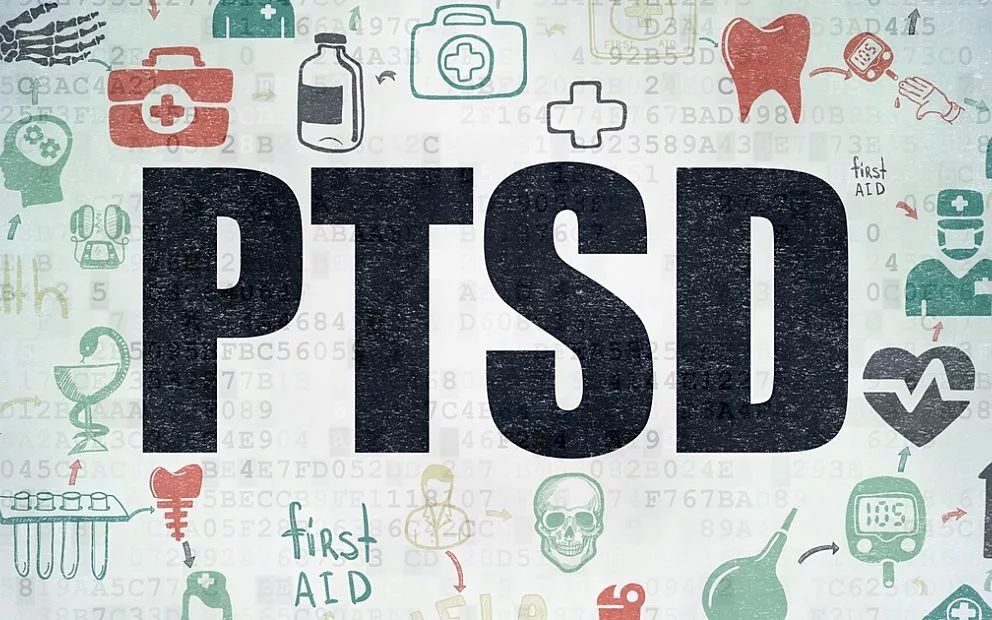Preliminary demographic data from a sample of 23 psychiatric evaluations of refugees arriving in Dresden, Germany this year are presented in a commentary in Molecular Psychiatry this week. The data show that 50% of the individuals in the sample meet the diagnostic criteria for post-traumatic stress disorder (PTSD).
The German government expect approximately one million refugees from Syria, Iraq, Eritrea and surrounding countries to arrive this year. In Dresden, where approximately 1,700 refugees are currently based, medical care in the city has been extended to include six hours per week of psychiatric help as of 10th August. Preliminary data from the first two weeks of assessments are presented in this commentary.
Enrico Ullmann, Stefan Bornstein, Julio Licinio, and colleagues highlight that there have been challenges in providing psychiatric care including the lack of interpreters and unsuitable premises for collecting psychiatric clinical data. They suggest that while all refugees experience trauma and stress, some are more vulnerable to developing mental illness than others. Given the reality of limited resources the authors recommend that mental health care should be particularly focused on those who are more likely to develop PTSD and major depression. The authors suggest that children and youths under 18 years old are among individuals most in need of protection and have the greatest need for psychiatric attention.
This press release refers to a Molecular Psychiatry News and Commentary piece written by SAHMRI's Professor Julio Licinio, not a peer-reviewed Molecular Psychiatry research paper or article. News and Commentary pieces are topical, authoritative Op-Eds pertaining to scientific research and its ramifications.

